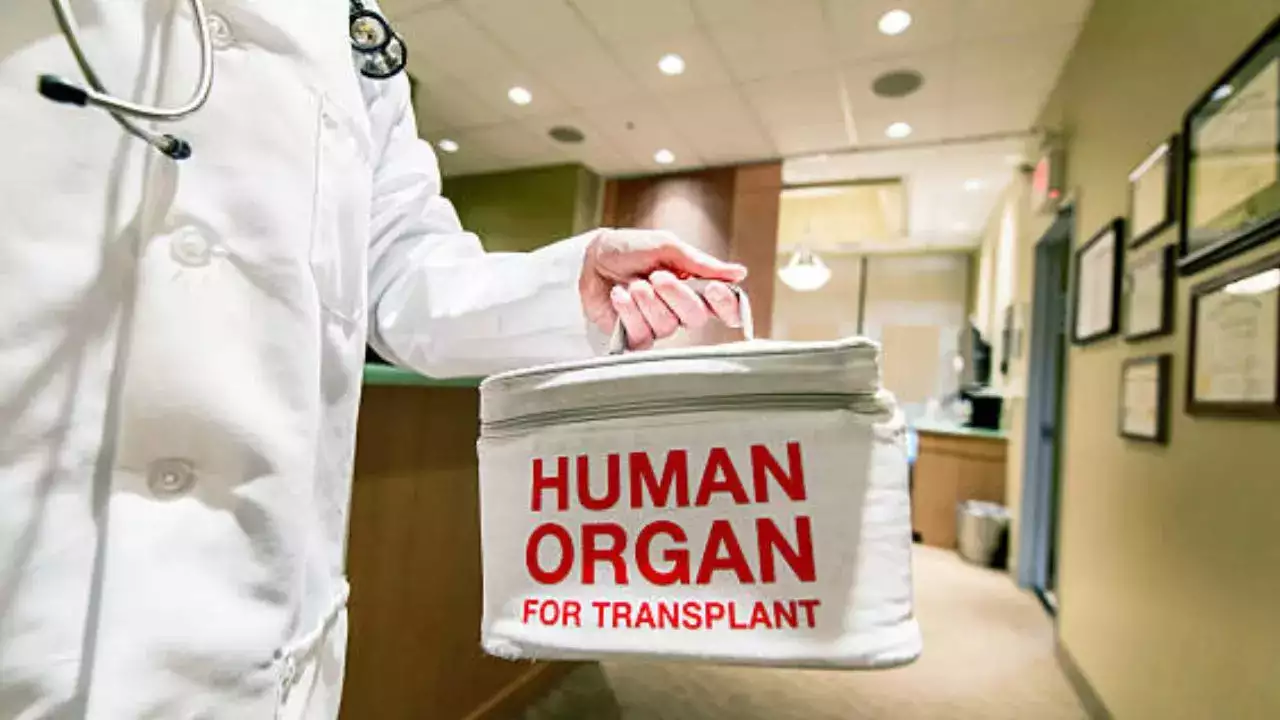What Really Happens to Your Body After Organ Donation? Here’s The Truth
Nov 28, 2024
News

What Really Happens to Your Body After Organ Donation? Here’s The Truth (Image Credits: iStock)
Organ donation is a remarkable act of generosity, offering a lifeline to patients in urgent need of transplants. While deceased donations are more common, living donors play a vital role in bridging the gap between organ demand and availability. But what happens to the body after you donate organs? Does it function exactly how it used to before? Dr Pinank Pandya
Consultant Critical Care Medicine, Jaslok Hospital and Research Centre, Mumbai explains a step-by-step procedure of organ donation.
Preparation for Organ Donation
The organ donation journey begins with a rigorous medical evaluation after a person is declared brain-dead or experiences cardiac death.
- Medical Evaluation:
Brain death is confirmed following strict protocols established under the Zonal Transplant Coordination Center (ZTCC) and the Indian Organ Transplantation Act of 1994. These guidelines ensure that brain death is accurately diagnosed, as brain death signifies the irreversible end of life. Once confirmed, the medical team evaluates the donor's organs for suitability.
- Matching Process:
Donor organs are matched with recipients based on compatibility factors such as blood type, tissue type, and medical urgency. The allocation process is unbiased and overseen by zonal regulatory bodies. While donor families are not informed of recipients' identities, they may receive updates about the organ’s functionality and the recipient's well-being post-transplant.
Organ Recovery Process
The surgical recovery of organs involves precision and respect for the donor.
- Surgery:
A skilled surgical team retrieves the organs in a procedure that lasts approximately 3-4 hours.
- Organ Removal and Preservation:
Organs are removed with great care to avoid damage and are flushed with a preservation solution to maintain their viability during transport. This solution ensures the organ remains functional until it reaches the recipient.
Organs and Tissues That Can Be Donated
A single donor can potentially save or improve multiple lives:
- Kidneys: Both kidneys can help two separate recipients.
- Liver: The liver can be divided into two segments, benefiting two recipients.
- Heart: Transplanted as a whole to a single recipient.
- Lungs: Can be donated to one or two recipients.
- Pancreas: Donated as a whole to help a single individual.
- Corneas: Restore vision for two individuals.
- Tissues: Skin, bone, and tendons can also be donated to aid various patients.
During the procedure, the donor's body is treated with the utmost care, including intra-operative anaesthesia, to ensure a respectful and dignified process.
What Happens to the Body After Donation?
- Respectful Treatment:
Throughout the donation process, the body is handled with dignity. A designated hospital representative guides the donor’s family through each step, offering support and information.
- Surgical Closure:
After organ retrieval, the surgical incision is carefully closed, and the body is prepared for viewing or burial. The procedure is conducted to ensure the body remains presentable, allowing families to proceed with their chosen funeral arrangements.
Get Latest News Live on Times Now along with Breaking News and Top Headlines from Health and around the world.



